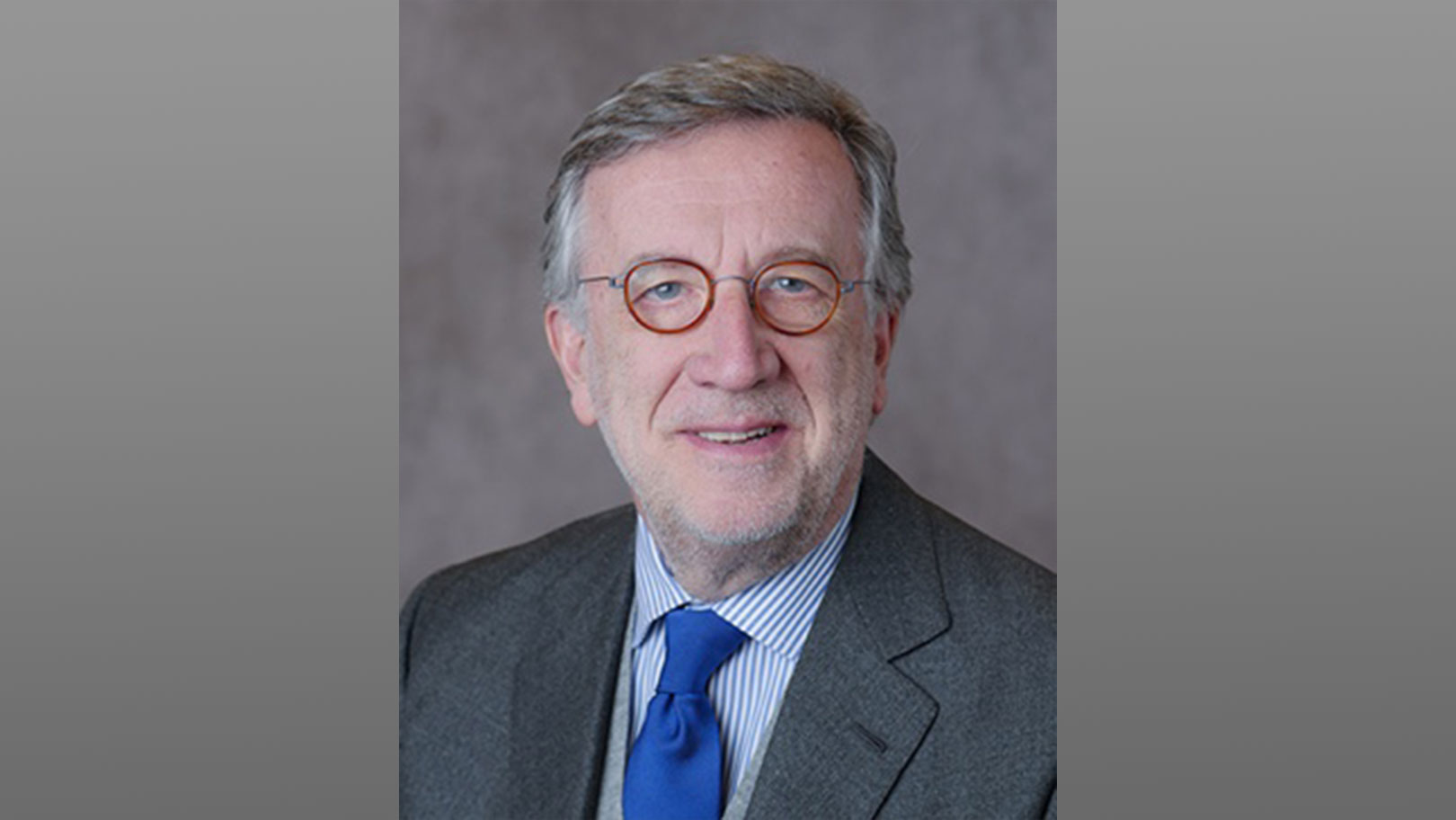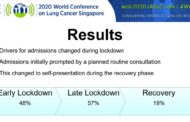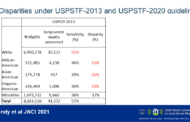With a long history in leadership positions at the IASLC, Dr. Scagliotti is fully prepared to help guide the society’s scientific projects through a transition period. Dr. Scagliotti, is professor of medical oncology at the University of Turin School of Medicine, Italy, where he is also a member of the administrative board. He is also chief of medical oncology at Turin’s San Luigi Gonzaga Hospital’s Division of Thoracic Oncology. Dr. Scagliotti discussed his goals while serving as chief scientific officer (CSO) and provided his thoughts on the society’s successes during an extremely challenging time.
You are the Past President of the IASLC and you recently accepted the role of Interim CSO. Please tell us how the former role has prepared you for the latter.
For me, the IASLC represents the scientific home for every one of us dealing, scientifically and clinically, with thoracic malignancies. In 2016, another IASLC Past President, Dr. David Carbone and I returned to the IASLC Board of Directors to help design a new strategic plan. Implementation of that plan began at the end of 2017, and the transformational journey resulted in the hiring of Dave Mesko, MBA, as IASLC CEO. Mr. Mesko is a talented business-oriented person, which is a nice complement to the scientific knowledge housed by the Board. The Chief Scientific Officer was a new position implemented in 2019 and a role previously occupied by Dr. Chandra Belani. After Dr. Belani’s departure from IASLC, I offered to fill the role in an interim capacity because of my familiarity with the organization. I will take the Board and committee feedback regarding the scientific priorities for development of new programs and resources, as well as enhancement of existing offerings, and use that feedback to better inform staff priorities and efforts.
The COVID-19 pandemic has completely changed the ways that we strive to accomplish the IASLC mission. During my time as Interim CSO, I will do my best to implement innovation, in multiple ways, while continuing to provide educational offerings that our members value year after year. New initiatives will be implemented based on emerging needs as 2021 unfolds.
The transition to virtual education has been embraced across the wide spectrum of medical societies for obvious reasons. What do you think has been most successful about this shift? What still leaves something to be desired?
Prior to COVID-19, there was a tremendous amount of regional and international travel, and the virtual realm was limited to educational activities, such as webinars and podcasts. The pandemic necessitated sweeping changes, such as a shift to all-virtual meetings and to new and creative ways of delivering scientific content that were completely unforeseen only few months back. Although we are missing the human interactions associated with live meetings, we have learned that we can be more efficient with our time awhile staying connected to achieve our goals.
Despite all the hurdles we faced in 2020, the IASLC was able to offer several educational meetings and resources, new and enhanced. For example, the Hot Topic: Liquid Biopsy and North America Conference on Lung Cancer offered valuable information for daily clinical care, and the redesigned IASLC.org offers much more timely and relevant information, written by the scientific experts themselves. These efforts were possible because the IASLC employees in Denver, USA, reacted quickly and efficiently. Despite all of the limitations imposed by mandatory remote working, staff were able to maintain the sense of unity and generated responsive and innovative ideas.
Going forward into 2021, what would you most like to see happen for IASLC members and patients with lung cancer?
Critical times need quick decisions. The IASLC has decided to go completely virtual for all the 2021 meetings including the 2021 World Conference on Lung Cancer, to be hosted in Denver, USA. It was a difficult decision, but we want to ensure a well-established plan for our members. We are almost ready to adopt a new learning management system that will allow increased interaction with our members. We do not know when the COVID-19 vaccine will be widely available, and none of us is able to predict the evolution of the current pandemic. To this end, the IASLC is launching a new initiative about how the COVID-19 pandemic has impacted cancer clinical trials. It is important to understand the impact of the pandemic on lung cancer-specific studies and to identify measures to mitigate those impacts in order to continue to move the science of lung cancer treatment forward to improve patient outcomes. In addition, there are a number of COVID-19 vaccine initiatives in process. Understanding how these vaccine initiatives will likely impact lung cancer clinical trials will be important so researchers can make appropriate adjustments in their ongoing work so as to be complementary to vaccine-related efforts.
You have dedicated so much time in recent years to the IASLC, which demonstrates a very strong belief in what the organization offers to the lung cancer community. Why has society membership and involvement been so important to you?
There is no question that the IASLC is the premiere society in the field of thoracic oncology, the only truly global society that aims to bolster the knowledge base of each individual member through provision of tailored educational offerings. The IASLC is promoting stellar research at both the individual and group levels through several types of grants, including some specifically dedicated to COVID-19. Additionally, the IASLC aims to foster integration of regional and international advocacy groups in with the scientific lung cancer community to amplify the concerns and opinions of patients in the research cycle. The IASLC believes that diverse gender, race, and ethnicity, along with varied skills, perspectives, and experiences, contributes to a balanced and effective organization, which truly resonates with me as a vitally important component of a member-driven global organization.
Join IASLC. Together we will make the difference. Together we will defeat lung cancer and other thoracic malignancies.






